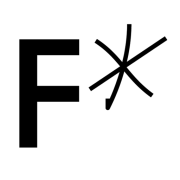Weeknotes 221; Mundane AI that matter
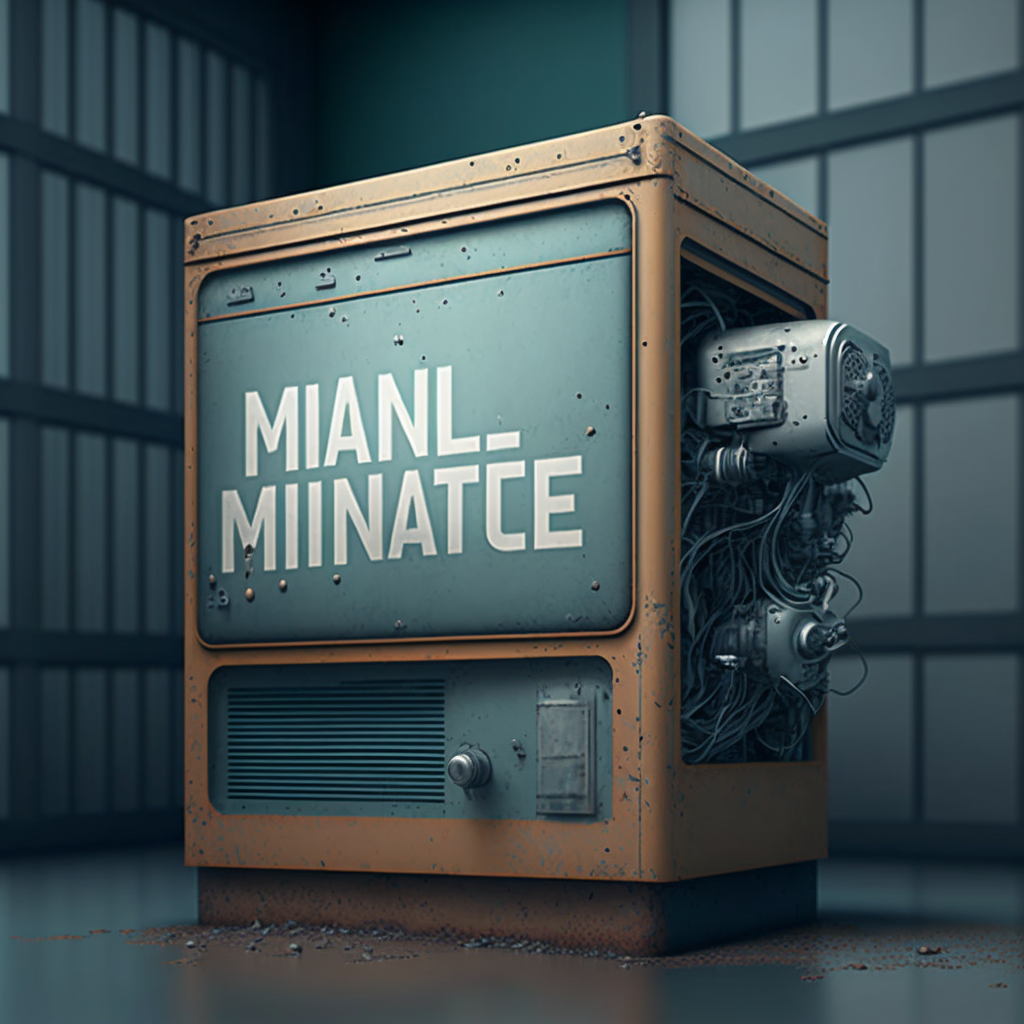
Hi all! As mentioned last week I am moving the newsletter to a new tool as the former one (Revue) is discontinued from next week, and all data will be lost. I am now extra very happy to have been very consistent in copying the content of my newsletter to my blog. So I have been considering a couple of tools as new email engine, like Emailoctupus, Beehiiv, and Buttondown, and even just using my WordPress blog as email-tool too. In the end I choose for Ghost however. Mainly as it has the best way to make nice bookmarks previews in the email, what is the main part of this weekly newsletter of course. It is not as good as Revue was for that goal, it misses part of the workflow. But for now it seems to work nicely. Welcome to Ghost!
So I imported the subscription list and so you have received this newsletter via Ghost now at the usual time. I will send out another short one via Revue in case this one ends up in a spam folder. So in case you did not receive this one in your mailbox, you might check your spam folder (or else subscribe :-) )...
So long for the practical stuff. My first week of 2023 was dedicated to working on Structural. We moved to our first dedicated office in Amsterdam West, as mentioned last week, we are settling and occupying the walls by mapping out our language and plans for tooling. I also wrote some 2023 outlooks (see below) and caught up with Wilbert and Marco (as OG Behavior Design AMS team :) ).
2023 predictions
As said, I did my own outlook for 2023 just like every year: Is 2023 prompting new tech relations in AI bubbles?
I am not the only one, of course, still, some predictions are coming in. This week I noticed some: robotics, micromobility, on breakthrough technologies, and exponential things.
Always present in these outlooks: GPT-3, or variations. And as every week now a lot of tools are dropping. It felt like the start of the AppStore back in 2008...
Some of the AI news of this week is about ChatGPT in your IDE, its impact on note-making - the end of organizing, having a conversation with the (famous) deaths, writing malware, just search different, filling spreadsheets, and many many more... And Apple is finally introducing its mixed reality headset is the rumor now.
Events for the coming week (still slow I think in the new year):
- De Gulden Snelweg, on the mobility system in the future. Amsterdam, 11 January
- Action Design for Urban Futures, book design by Ben Schouten, Martijn de Waal, Sabine Niederer, and others, Amsterdam, 18 January
- IoT London, 17 January
News update: the core of this newsletter: what were the interesting news articles? There was CES still, of course, with lots of new (TV) screens, strange cars (see below), and the introduction of Matter in everything. The Verge has a nice overview. Or listen to the podcast of Stacey Higginbotham to catch up on all that Matter...



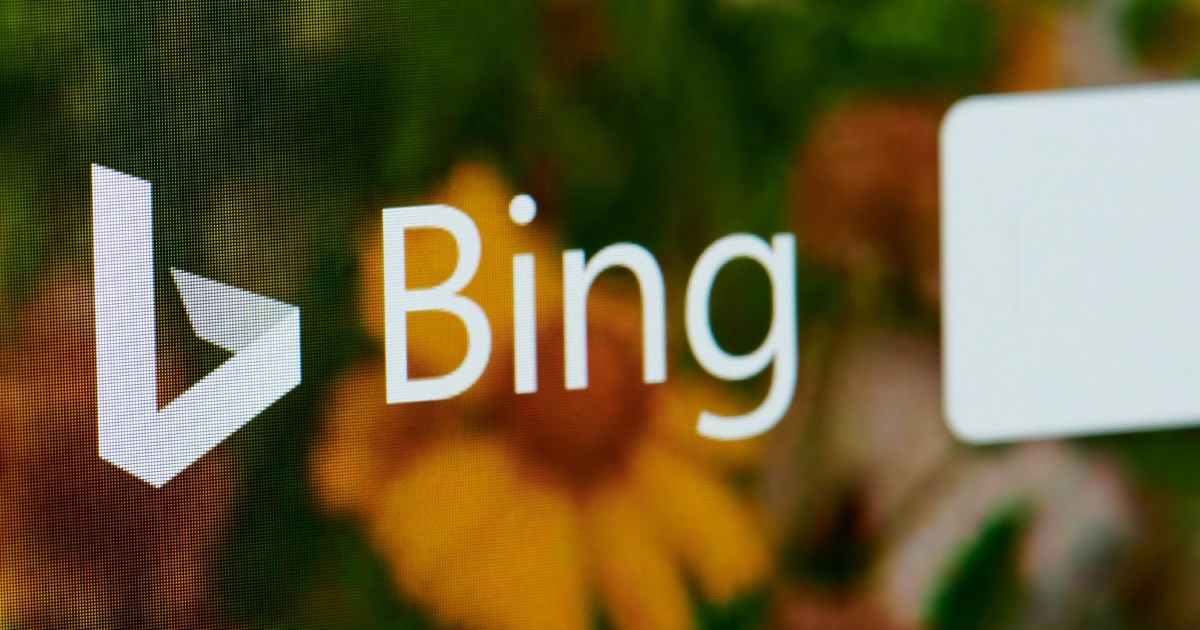
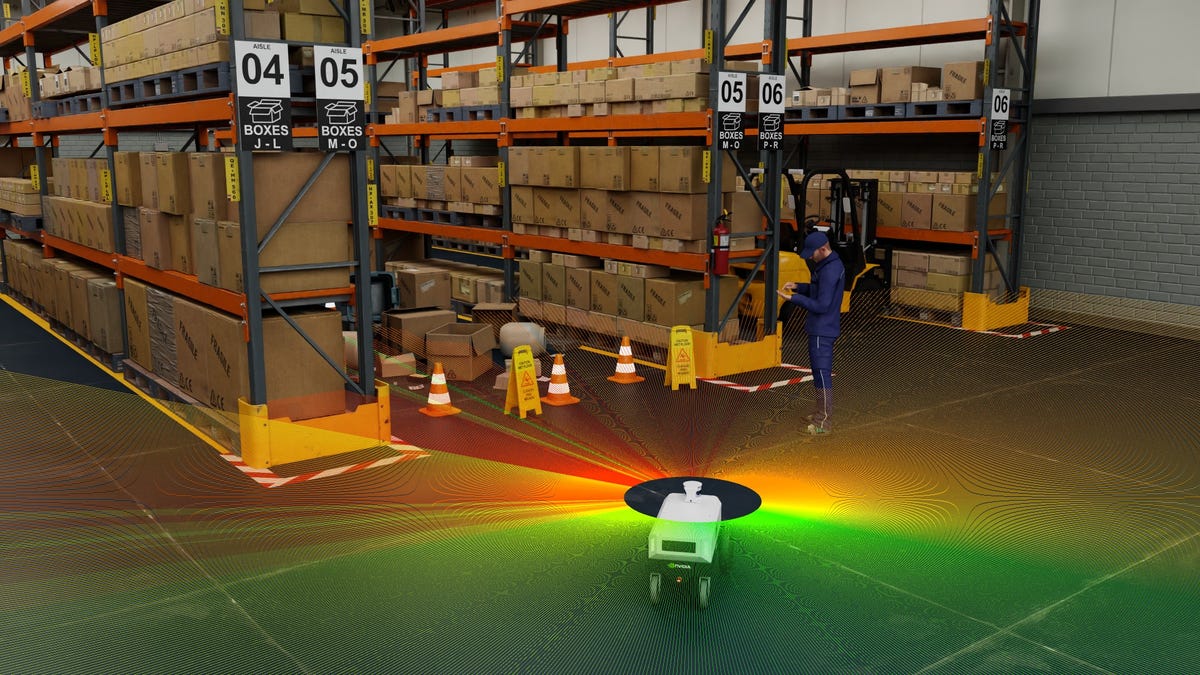
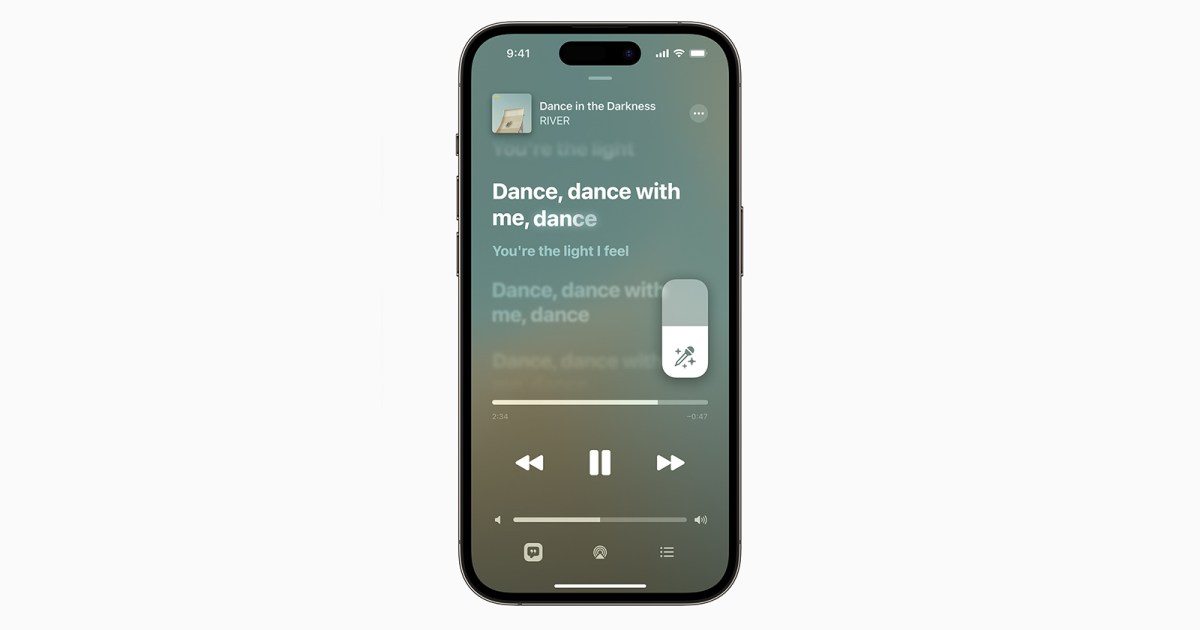
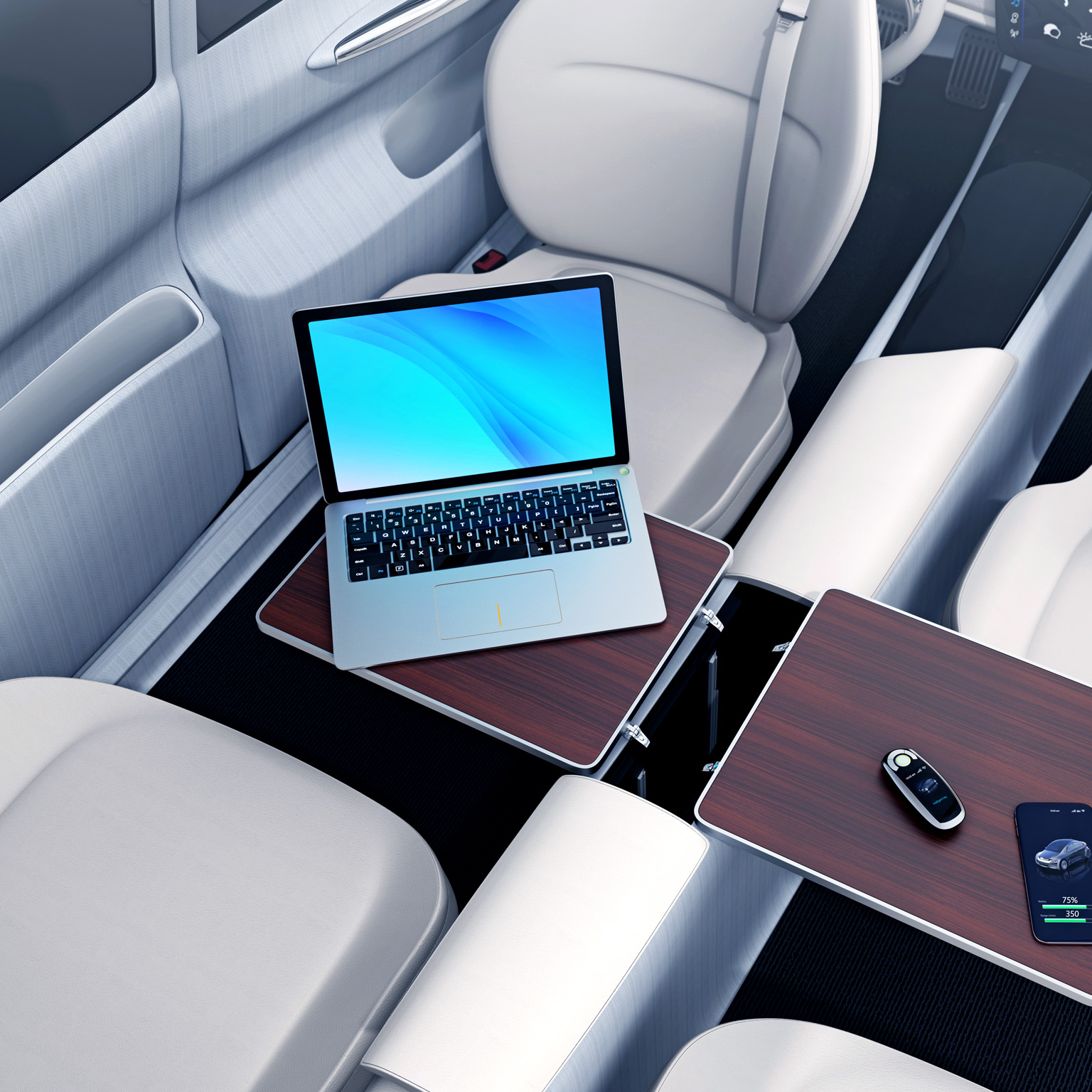
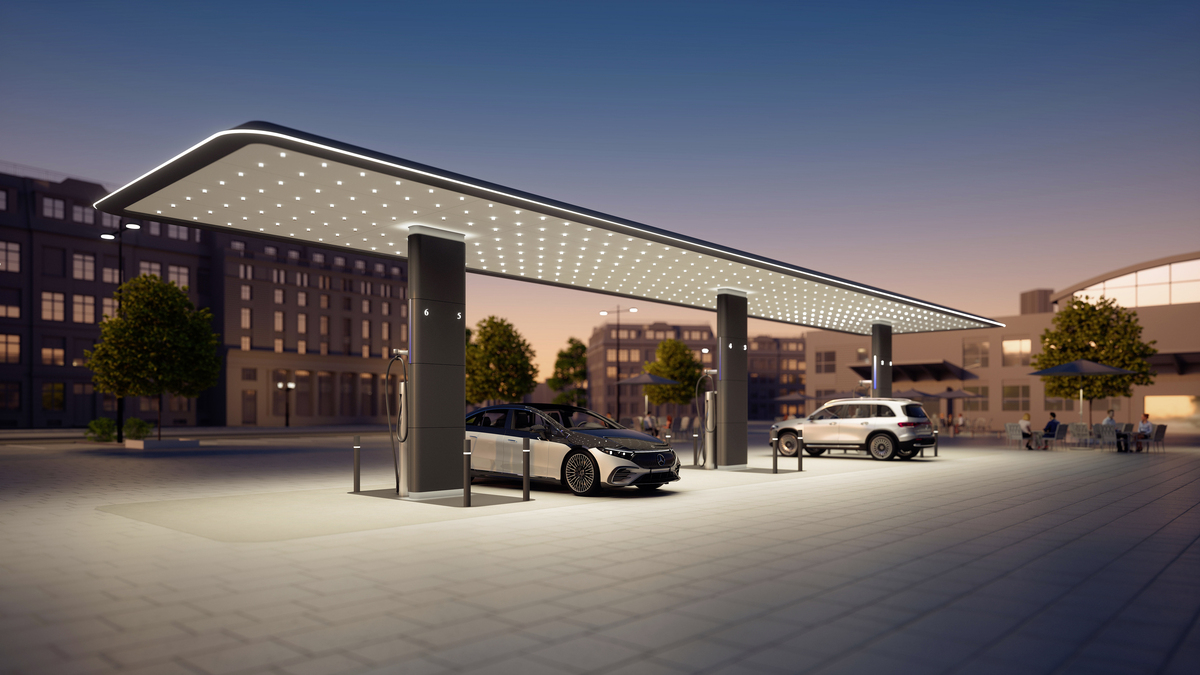
The current climate in AI has so many parallels to 2021 web3 it's making me uncomfortable. Narratives based on zero data are accepted as self-evident. Everyone is expecting as a sure thing "civilization-altering" impact (& 100x returns on investment) in the next 2-3 years
— François Chollet (@fchollet) January 8, 2023

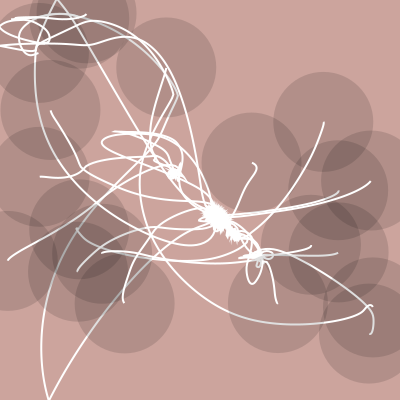


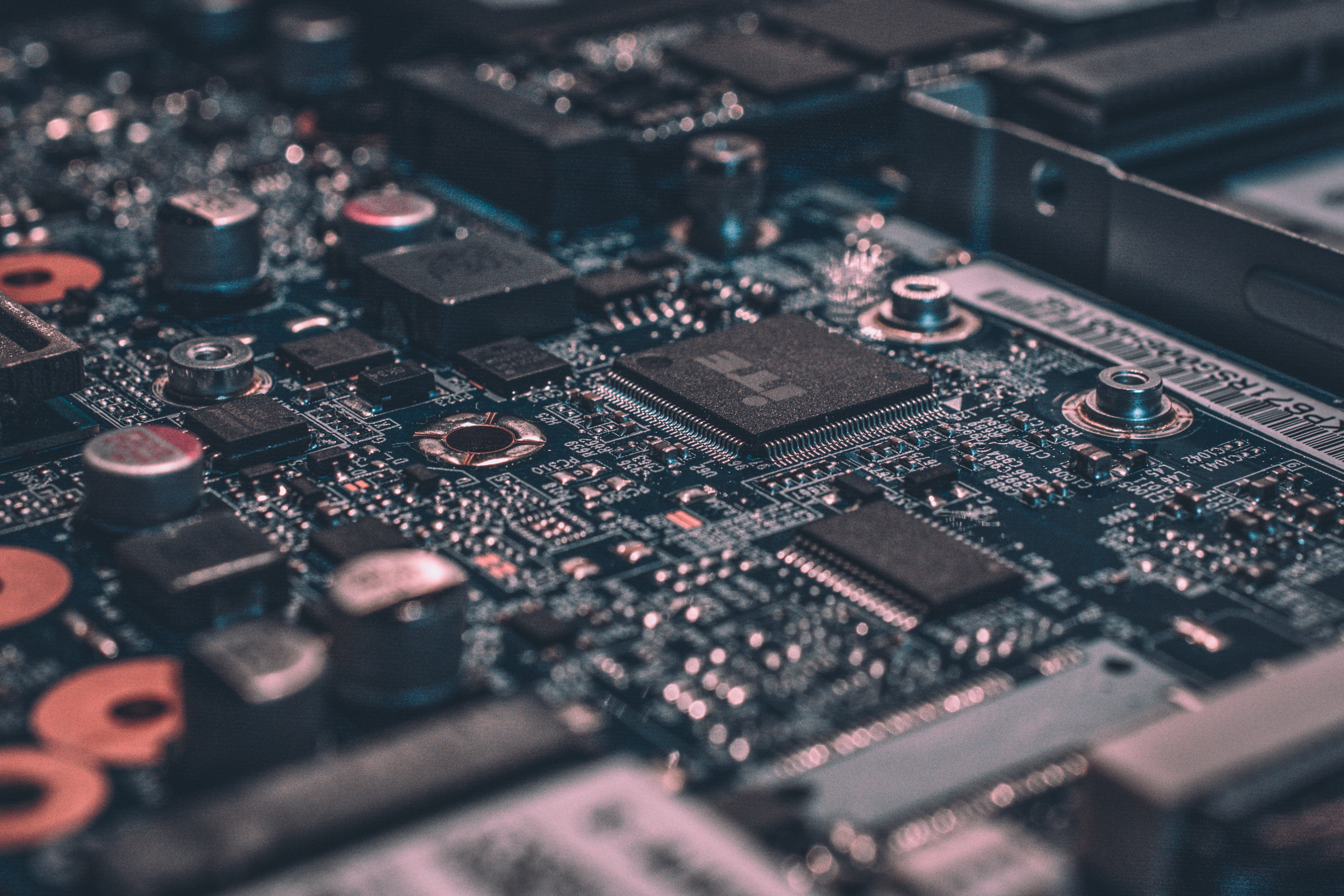
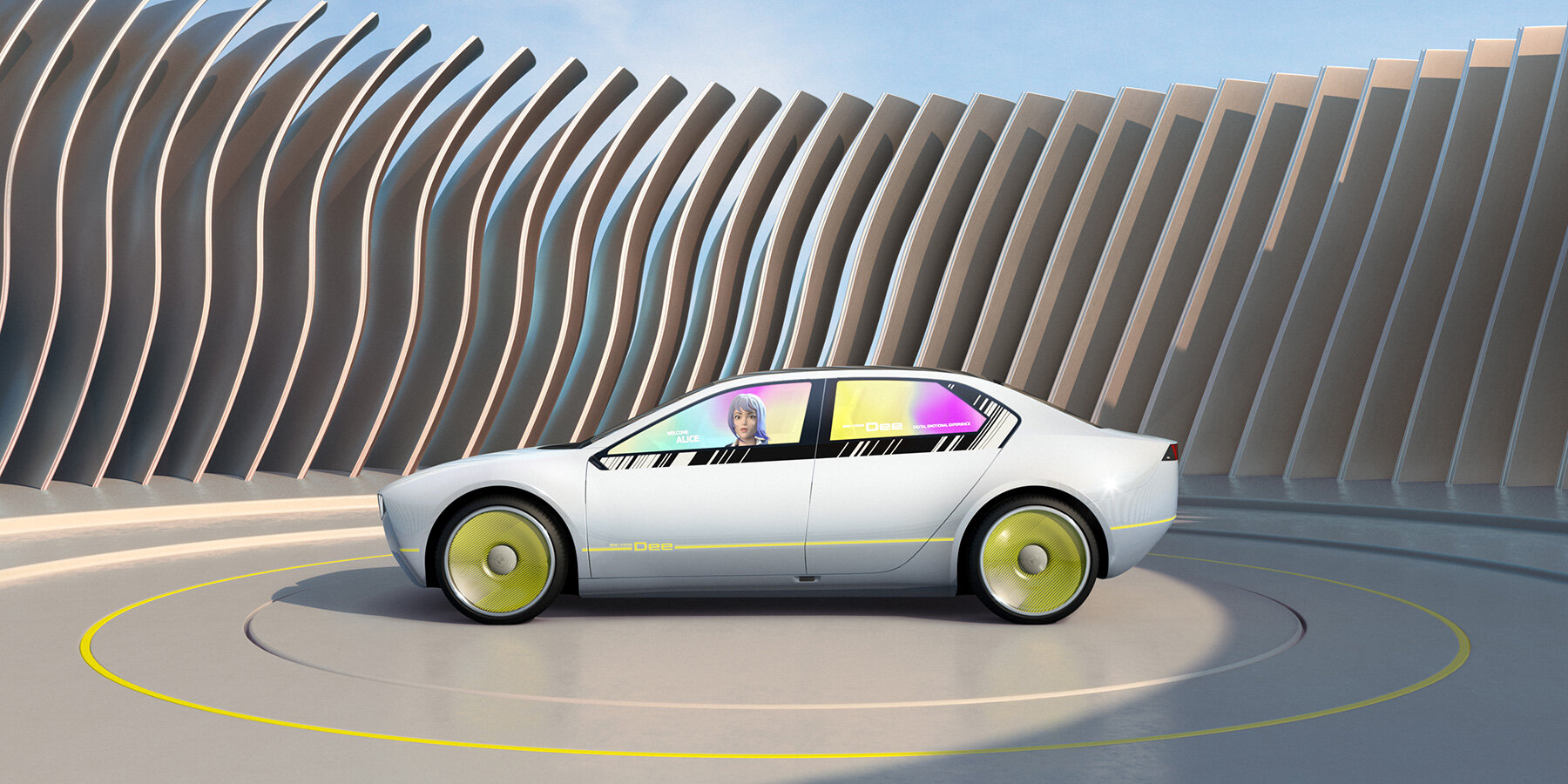

Paper for the week
More than ever the concept of co-performance is relevant with all the sophisticated intelligence tooling. I mentioned this concept in my 2023 outlook, but I don't think I ever shared it in this section...
This paper introduces the notion of co-performance, with the aim to offer Human-Computer Interaction (HCI) researchers and practitioners a new perspective on the role of artificial agency in everyday life, from automated systems to autonomous devices. In contrast to 'smartness,' which focuses on a supposed autonomy of artifacts, co-performance considers artifacts as capable of learning and performing next to people.
Lenneke Kuijer and Elisa Giaccardi. 2018. Co-performance: Conceptualizing the Role of Artificial Agency in the Design of Everyday Life. In Proceedings of the 2018 CHI Conference on Human Factors in Computing Systems (CHI '18). Association for Computing Machinery, New York, NY, USA, Paper 125, 1–13. https://doi.org/10.1145/3173574.3173699
Have a great next week!




